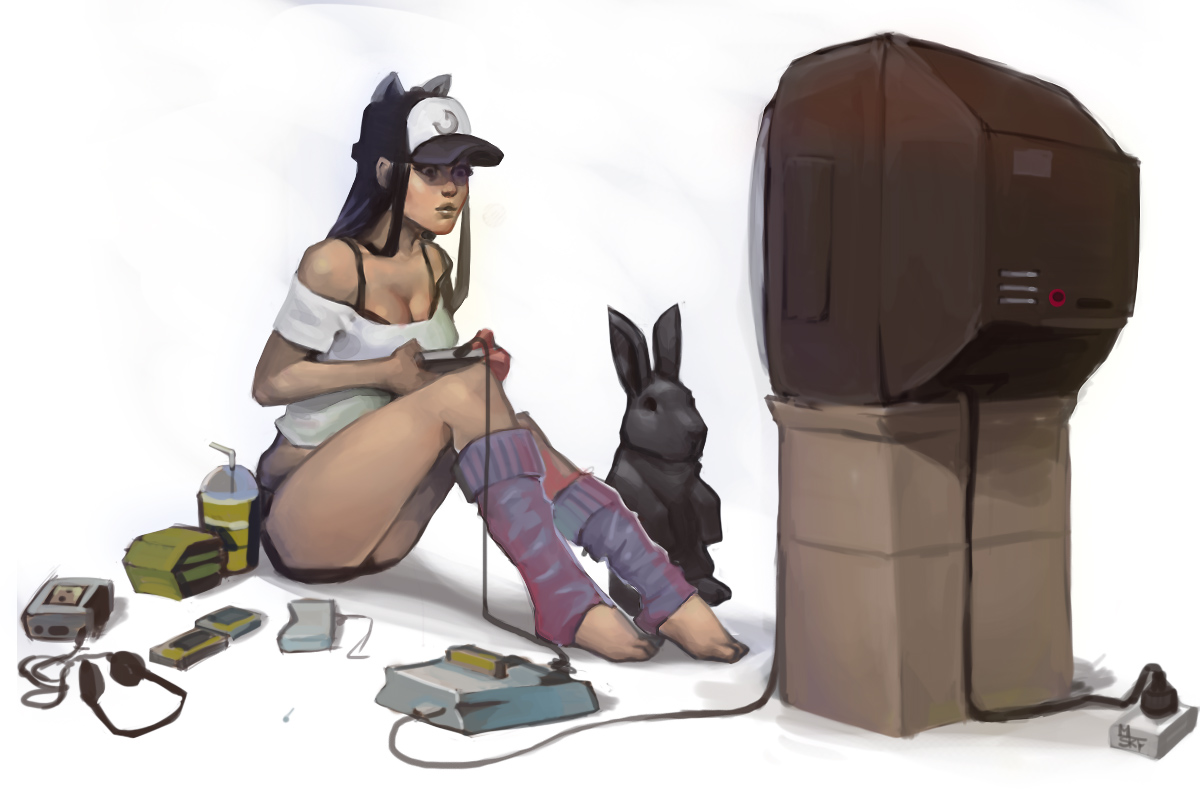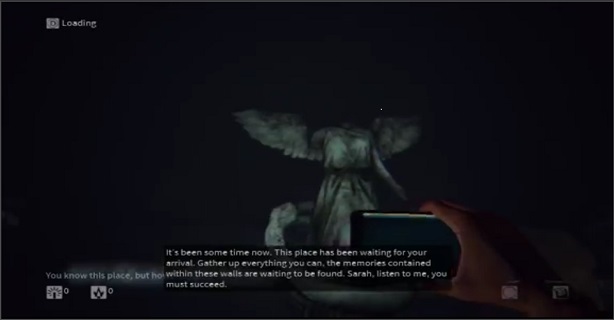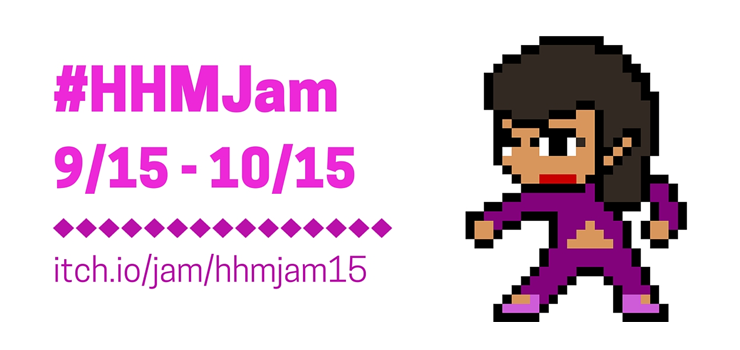For the past few semesters, I’ve been playing text adventures once or twice with my students (9:05 and Zork). For most the format is completely unfamiliar—typically, I have one or two students who’ve at least heard of text-based games—and they struggle with the step-by-step commands. Look. Open. Take. Read. It’s difficult for them, and enlightening for me to sit down with them, re-experiencing what is familiar. Sure, I get frustrated when I try a command that doesn’t work, but for my students, the process is much more difficult. In some ways, it’s like they’re learning an entirely new language, or at least a new way of communicating, and they’re doing it with no prep, no practice, and sometimes, no help files.
It’s tough. For many, it’s not especially fun. It’s not what they think about when they think about games. A game may be difficult, but you can parse it. If you move the sticks more. If you slow down on the mouse. But what do you do when you have no frame of reference at all?
Of course, they do have one; text adventures are based in writing. In immediate “audience” feedback; you tell the system (audience) what you want to do, but you have to learn to do it in a way the audience (system) understands. It can be like talking to a particularly obstinate three-year-old (and believe me, I know about particularly obstinate three-year-olds). Still, this is familiar, even if it’s frustrating… but they’re always surprised when I bring this up. Every semester. Every time. They don’t consider what they’re doing as writing until someone says hey. Look. This is writing. It’s talking. It’s communicating.
I wonder sometimes what it would be like to go back in time and replicate this activity before the ubiquitous cell phone, before social media, before we typed all the time (though, to be fair, if I could go back in time I’d have bigger fish to fry…). WIDE’s 2010 white paper on The Writing Lives of College Students tells us that students are writing all the time, thanks to all the things I mentioned above (and that was seven years ago!), but that they don’t really see that as “writing.” There’s a separation between writing for class and not-class. Which means there’s a likely separation also between writing in a game and writing for class… even if you’re actually playing that game in class.
I’ve been teaching now since 2011, which isn’t all that long, really, but long enough to give me some perspective on my students, and in that time I’ve learned that school has given them some very rigid ideas of writing. This is common, of course; we all have our own ideas of what “counts” as writing, but more and more, there seems a hard separation between personal and professional, even as overlap grows between the two on public platforms like Twitter and Facebook. Consider: centuries ago, even decades, letters were considered formal communication, even when they were deeply personal. But our contemporary forms of the letter? No longer.
This week, they’ll be playing Her Story, and then we’ll return to text adventures next week to see if they have any new perspectives on the form. As I develop my lessons around games, and learn more about how to leverage games to teach writing, as I become more adept at leading these discussions, I find my students always eager and able to meet me, no matter the bar I set. And maybe I’m biased toward games (surprise), but these end up being some of our most rewarding classes.
As a side note, we did something this time we haven’t done before, which was to look at walkthroughs for Zork. I stumbled across a few written in a very narrative style that converts the commands into a real story (so go into the room, open the chest, take out the thing, and then leave, etc.). They’re simple narratives, but it’s another way of looking at the “look, open, take, read” system and it served to deepen our conversations a little about games-as-writing and writing-as-game, and provided a window into discussions of remediation as well. Definitely recommended for anyone doing similar exercises.




